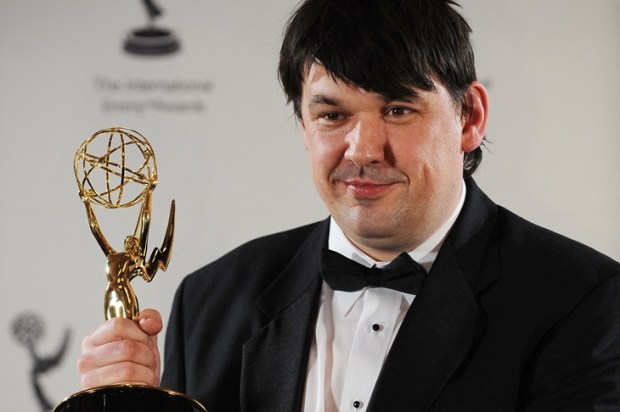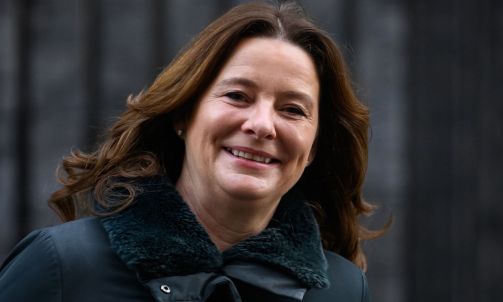Talking about a minimum wage is not the same as discussing increasing wages or increasing standards of living. These are wonderful points in a career as Australians improve their lot in life. The minimum wage discussion, however, consists solely of an arbitrary political line that disregards human relationships, and unique circumstances in life. It also overtly hurts the lowest earners in our communities.
The recent Fair Work Commission’s minimum wage hike increase to $18.93/ hour effectively makes any wages below the line illegal.
Thomas Sowell put it this way:
Unfortunately, the real minimum wage is always zero, regardless of the laws, and that is the wage that many workers receive in the wake of the creation or escalation of a government-mandated minimum wage, because they lose their jobs or fail to find jobs when they enter the labour force. Making it illegal to pay less than a given amount does not make a worker’s productivity worth that amount—and, if it is not, that worker is unlikely to be employed.
The minimum wage is not about getting a raise, it is about pricing those who need a foot in the door out of work.
It is no coincidence that mandated minimum wage hike advocates are trade unions. A good union represents and protects their members, which can equate to helping leverage skills for higher wages – voluntarily negotiating a wage with the employer without government force.
Historically minimum wages have successfully priced competition and unskilled worker out of the workforce. Now insert the unions’ goal to protect its members, which only number 13 per cent of the actual workforce.
Union demands for the government to set a minimum wage are only looking out for their members, using the force of the government to price their competition out of work.
Large corporations, too, use minimum wages to price small neighbourhood competition out of the market. Many already pay higher wages but advancing a law provides additional government protection.
These laws also disregard beneficial relationships.
Say a stay at home mum has a neighbour in need of accounting work for a small firm. The mum would love the experience and extra cash, plus as it’s next door no expenses for childcare need be incurred. If she takes the job for $15, she is putting her neighbour at risk of prosecution. Why should this relationship be illegal?
The current minimum wage is not for the poor, it’s for the political clout.
Australia has one of the highest minimum wages in the world yet our communities most vulnerable still face the same difficulties, if not more. The Greens Party endorses higher minimum wages supposedly to protect the poor, yet they also subject them to the developed world’s highest business tax rates, the highest energy prices, in addition to continued efforts to tax work utes and food ever higher with “green” schemes.
This looks like a group who cares about political clout, not the most vulnerable.
The free market is not perfect, but the current system is even further from perfect.
The current minimum wage fixing policy should be considered a failure as it has never achieved its goal of abolishing poverty. It has only been a success at creating unemployment.
Perversely, it has also been a success in promoting welfare, as the gap between welfare payments and the minimum wage keeps increasing. How is it more acceptable to force Australians to remain on $538.80 per fortnight welfare payments, when a job for $8/ hour could make them better off?
This huge gap between welfare and politicised wages create a Catch-22; In order to get a job at $18.93 an hour you need skills, but the only way to obtain skills is to get a job under $18.93.
Those wanting to debate and discuss the validity of a minimum wage must consider the negative effects. Short-term effects must be taken into consideration with long-term issues. The debate today acknowledges none of the negative problems and treats every minimum wage hike as a silver bullet. Ensuring we feel good about ourselves for just doing anything – even if it achieves none of its goals.
We need new ideas. Understand that poverty is made worse by a lack of opportunity and limited choice. While the free market will never create a Utopia, it does give people second, even third, chances with more choices for a better life than a one-size-fits-all policy, made by the privileged elite, could never offer.
Greg Pulscher is executive director of the H.R. Nicholls Society.
Got something to add? Join the discussion and comment below.
Got something to add? Join the discussion and comment below.
Get 10 issues for just $10
Subscribe to The Spectator Australia today for the next 10 magazine issues, plus full online access, for just $10.


























Comments
Don't miss out
Join the conversation with other Spectator Australia readers. Subscribe to leave a comment.
SUBSCRIBEAlready a subscriber? Log in